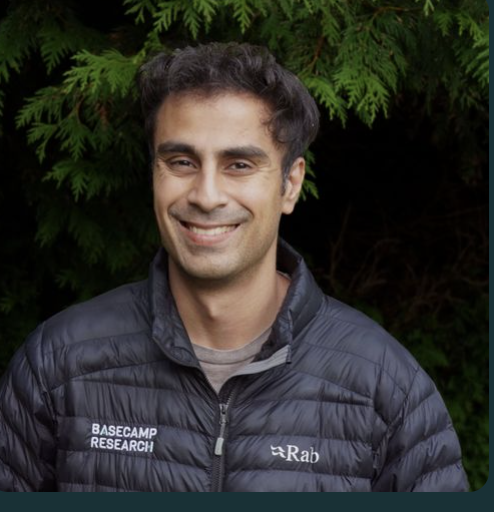
GraphDay Pharma Munich
Graph technology and GenAI can enhance drug discovery processes by integrating vast and diverse datasets to uncover hidden relationships between genes, proteins, diseases, and potential drug candidates. By leveraging graph algorithms and AI, researchers can identify novel drug targets, predict drug efficacy, and accelerate the development of life-saving therapies.
Learn how Neo4j integrates diverse data sources, automates workflows with GenAI methods, and empowers users performing natural language queries via Large Language Models. Discover the transformative potential of Neo4j in pharmaceuticals and network with industry leaders at GraphTalk Pharma in Munich.
AstraZeneca Computational Pathology develops predictive, AI-based biomarkers for cancer therapies. As computational pathology embodies the synergy of clinical oncology, pathology, computer vision and advanced data analysis approaches, the efficient management and sharing of knowledge from and between very diverse disciplines and communities of practice is vital. We propose a framework for the intuitive exploration of knowledge domains encoded in a knowledge graph, following a geographical metaphor. The approach itself is data agnostic and can be applied to a variety of use cases.
AstraZeneca and Neo4j will underscore the critical role of advanced technologies and interdisciplinary collaboration in driving progress in healthcare and drug discovery. They demonstrate a shared commitment to leveraging cutting-edge tools and methodologies to advance research, improve patient outcomes, and accelerate the development of innovative therapies.
Agenda
09:30 Registration & Breakfast
10:00 Welcome
10:10 Neo4j: Unveiling the Power of Graph Technology and GenAI: Accelerating Drug Discovery Through Integrated Data Insights
10:40 Unlocking the Ontoverse: Navigating Knowledge at AstraZeneca with Graph Technology
11:10 BREAK
11.40 Basecamp Research: Identification of protein function in a metagenomic dataset via a cross domain graph
12:10 Neo4j: Integrating Topological and Graph-Based Features for Molecular Similarity Analysis
12:40 LUNCH & NETWORKING
Design Offices München Nove
Luise-Ullrich-Straße 14
Sign up

Johannes Zimmermann

Saif Ur-Rehman

Dr. Alexander Jarasch

